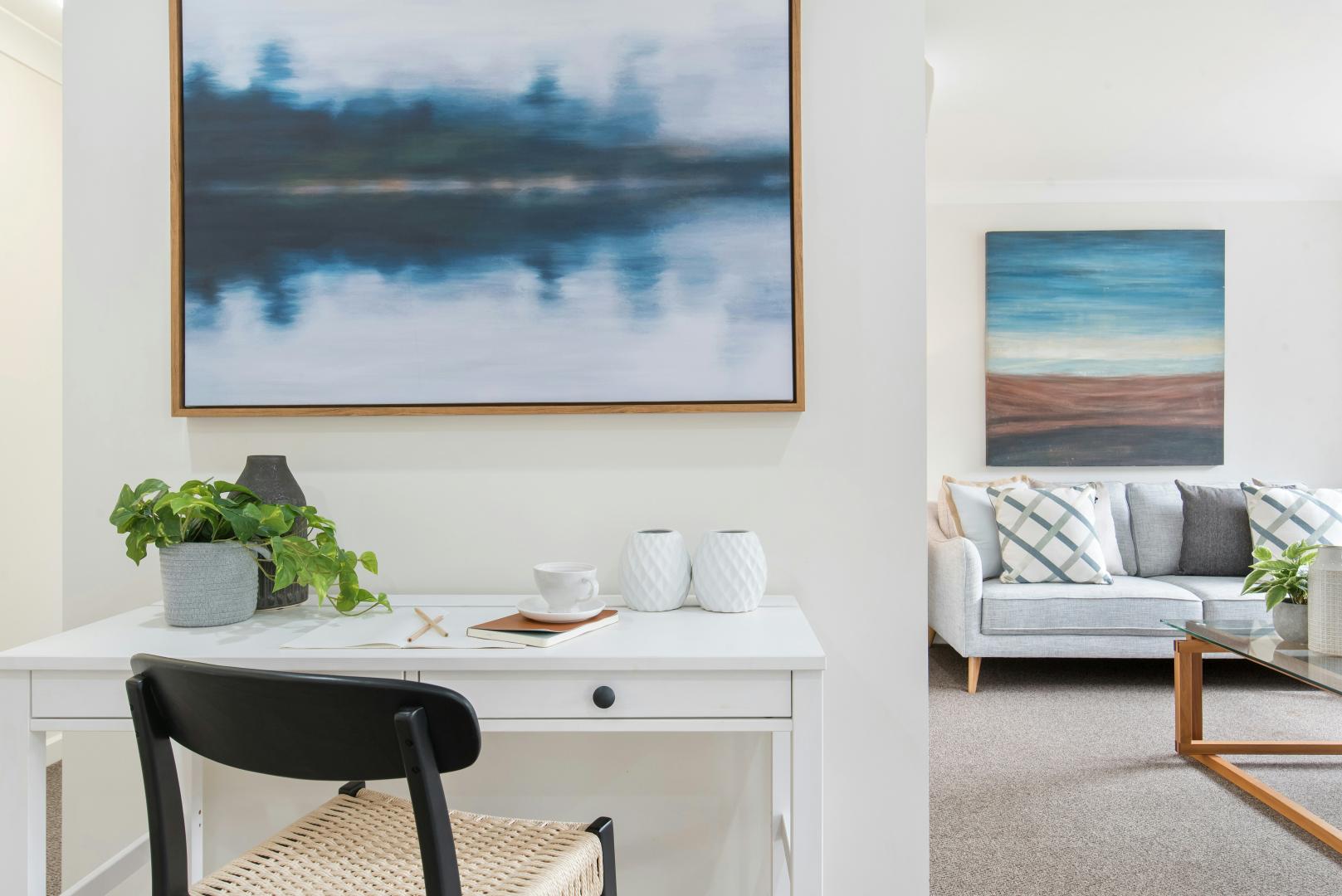landlo...
 Property values nationwide have been flat or falling if you take London out of the equation for 18 months now, and the predictions are for more of the same this year. Homeowners who do not have to sell will probably dig in and wait for daylight. But what if you have to move? Lettings agencies are seeing more unplanned lettings by owners who are unable or unwilling to sell. The proportion of members of the Association of Residential Letting Agents reporting this phenomenon has risen from 40 per cent a year ago to 47 per cent today. The figure for London (where sales prices are still strongish) is only 17 per cent, while in the doldrums market of the North East and North West, the proportion of agents reporting rising reluctant landlord numbers are 67 per cent and 62 per cent respectively. If you are a reluctant landlord looking to let your property here is what you need to know:
Property values nationwide have been flat or falling if you take London out of the equation for 18 months now, and the predictions are for more of the same this year. Homeowners who do not have to sell will probably dig in and wait for daylight. But what if you have to move? Lettings agencies are seeing more unplanned lettings by owners who are unable or unwilling to sell. The proportion of members of the Association of Residential Letting Agents reporting this phenomenon has risen from 40 per cent a year ago to 47 per cent today. The figure for London (where sales prices are still strongish) is only 17 per cent, while in the doldrums market of the North East and North West, the proportion of agents reporting rising reluctant landlord numbers are 67 per cent and 62 per cent respectively. If you are a reluctant landlord looking to let your property here is what you need to know:
1) Your house is no longer your home It's a small business. You need to start treating it that way. If you plan to let it for more than six months, it's worth smartening your property us as you'll get it back in increased rental rates. Once your furniture is gone, your carpets and paintwork will look tired. Paint the walls, replace stained or worn carpet and get it professionally cleaned, this means that you can require the tenants to do the same when they leave. 2) Budget for repairs Just because you put up with a cranky hot-water system doesn't mean your tenants will. The National Landlords Association (NLA) recommends budgeting 10 per cent of the annual rent for maintenance of an older, larger property — you can get away with less for a smaller, newer flat. Allow an additional 10 per cent for void periods, though this will be less in areas with high demand. 3) Do your admin . . . You will need specific landlord's insurance. If your current insurer cannot help, ask your mortgage lender — you will need to notify them anyway that you are letting the property. In some cases this will bring additional mortgage costs. You must also get a gas safety certificate, an Energy Performance Certificate, and you must protect your tenants' deposit, all of which Heywoods can help and advise you with. 4) . . . and pay your tax You will be taxed on your rental income, though some running costs can be offset. You will also probably have to pay some capital gains tax for the years you let the property, when you come to sell it. An accountant will be able to advise you.
5) Be careful when letting to sharers If you let a large house, sharers are often more lucrative than a family. However, a house of three storeys with five or more unrelated flat sharers is officially a House in Multiple Occupation (HMO) and requires a licence. Some local authorities require licences for smaller properties. It is advised that anyone thinking of letting a large house should ask their local authority first. 6) Families may be a better option More families with children are renting as they cannot afford to buy. You need to balance the increased wear and tear caused by children with the fact that you will not need an HMO licence and that families are often looking for a long-term let, thus freeing you from finding new tenants and risking void periods and also you may attract a better class of tenant who will treat the property like their own home. 7) Letting agents can be quite useful If you can't face the hassle, a professional letting agent will do everything for you. Expect to pay around 10 per cent of your rent annually in fees for finding tenants, doing the paperwork and collecting the rent, plus an additional 5 per cent for managing the property.
If you're looking to let your property call our Letting Specialists for free advice on 01782 617343
Don't forget let with Heywoods and get £100 off lettings fee for a limited period only so BE QUICK


 By
By 




Share this with
Email
Facebook
Messenger
Twitter
Pinterest
LinkedIn
Copy this link